As the digital era is now at its biggest revolutionary stage, open banking has pushed it beyond limits with its transformative capabilities. The banking sector is now at its peak and is leveraging the maximum potential of digitalisation.
The promise of open banking to help businesses and individuals interact with financial services is on point. This technology is helping individuals and businesses boost collaboration, customer-centricity and transparency effectiveness.
Open banking can be better understood as a unified system that allows customers to make their financial data available to third-party service providers using APIs. And these APIs help move critical information seamlessly between authorised third parties and banks.
Thus, a streamlined interconnection is established for conducting financial services among involved parties. Let’s dive deeper into the concept of open banking and understand how it is transforming financial services for businesses and individuals altogether.
What is Open Banking? How is it A Paradigm Shift?
Open banking brings a plethora of benefits for people to change their way of interacting with financial services. As the customers’ financial data is accessible through APIs, open banking has introduced a scope of collaboration between FinTech startups, banks and third parties. Some of the benefits that explain open banking’s potential of being a paradigm shift include:
- Data-Driven Insights for Boosting Customer Experience
One of the many benefits of open banking is its capability to generate actionable insights through in-depth analysis of customer data. Banks use it to understand the financial behaviour, needs and preferences of individuals.
Thus, financial institutions get the liberty of offering highly personalised services. For instance, you can recommend real-time financial suggestions, tailored product recommendations and budgeting tools to the customers.
- Encouraging Collaboration and Innovation
Open banking is more like a catalyst for supporting innovation within the financial industry. With FinTech startups and third-party companies having access to bank APIs, they can now create productive financial services and applications.
With this collaborative environment, financial institutions can now scale their service or product offerings to add outstanding value to customers. FinTech businesses have the liberty to leverage open banking to provide innovative solutions for overcoming specific pain points in the financial industry.
- Best in Terms of Security & Privacy
While being introduced, open banking was questioned about the privacy and security aspects. But, as the technology was revamped and improved over time, some outstanding security implementations were done to ensure data protection.
Regulatory frameworks were introduced to ensure that the data of customers is being handled with utmost transparency and care. State-of-the-art security measures such as authentication, encryption and secure transmission protocols are being integrated to make open banking a secure initiative for the financial sector.
How is Open Banking Transforming the Financial Services Sector?
Open banking has the capability of enhancing consumers’ experience with financial services. But beyond that, the financial industry, as a whole, is also being revolutionised with its applications. Some of how open banking is transforming the financial services sector are:
1. Increased Innovation and Competition
Open banking brings you a very competitive environment. It is because all the entry barriers for the new players in the financial sector are broken down. FinTech startups are now easily leveraging the applications of open banking APIs. Thus, the rate of development for innovative financial solutions is increasing at a rapid scale. And this is challenging traditional institutions and encouraging the advancement of technologies.
2. Institutional Collaboration
The banks, FinTech startups and other financial service providers can now easily collaborate with one another to provide better consumer experience. And all this is possible with the adoption of open banking. Through data sharing and collaborative partnerships, financial institutions can now leverage the strength of one another and build productive business models. Thus, consumers will have outstanding financial services to avail.
3. Expansion of the Financial Ecosystem
An interconnected ecosystem is beneficial for the finance industry, as it enables the integration of several services as one. Open banking encourages this integration and combines payments, banking, insurance, investments and other services into a single application or platform. Thus, users won’t have to wander across multiple platforms to avail of different financial services, which will simplify their way of accessing their financial lives.
4. Bridging of the Financial Gap
Open banking comes with the ability to bridge gaps between the banking services and left-out populations. With innovative digital solutions, open banking is helping businesses and individuals feel empowered with the latest financial services, which weren’t made available until now.
What are the Challenges that Open Banking Has to Overcome For Making this Transformation A Success?
Open banking has put up a plethora of scalable opportunities for traditional banks and FinTech startups. But at the same time, its utilisation has imposed certain challenges that the key players are trying to overcome. Some of these challenges include:
- Data Security & Privacy
The service providers are adopting critical measures to ensure that user data is protected under industry standards and regulatory norms. Key players are trying to safeguard the financial data to ensure any misuse or unauthorised access can be prevented.
- Interoperability Challenges
Initially, it was challenging for businesses and individuals to ensure interoperability between the multiple financial institutions and systems operating with open banking concepts. But, collaborative efforts are being made to establish common APIs and protocols to enable smooth integration and sharing of data.
- Earning the Trust of Consumers
With the scalability of open banking adoption, it is also important to educate consumers about its risks and benefits. FinTech businesses need to earn consumers’ trust before making their services available. Therefore, you can implement transparency and clarity in your communication regarding how the financial data of consumers are to be used.
Conclusion
So, this is a clear understanding of how open banking is an astounding technological leap in the digital payments landscape. Businesses and individuals are leveraging its potential to create a futuristic dominance. This collaboration between FinTech startups and traditional companies will act as the catalyst for promoting innovations in the future.
The power of open banking is well-projected through its ability to boost financial inclusion. Businesses will be availing economic profitability in the long run. With the introduction of AI and ML technologies in open banking, its adoption rate will scale even higher in the future.


